Lack of Implementation of the Community Empowerment Concept
The result of 3R (reduce, reuse, recycle) program in Yogyakarta showed that community empowerment in waste management had not imposed the principles of public health. It could be seen from several factors, including a program launched by the Environment Agency of Yogyakarta that only the technical waste management.
“The launched program had had public health insight because there is no attention to that insight” said Surahma Asti Mulasari, the lecturer of Ahmad Dahlan University (UAD) who took apart in the research of Yogyakarta waste emergency.
Based on her opinion, lack of realization of public health based waste management in Yogyakarta was caused by minimum inter-sectoral coordination system, lack of disease documentation caused by household waste management, lack of idea about public health based waste management, there is no urgent things that urges the policy of public health based waste management.
“Some concepts offered to overcome the weaknesses of the 3R program that already exist in the society today are the use of personal protective equipment (APD), hygienic and healthy behavior by washing hands before and after processing waste, placing composting tub (or garbage sorter tool) in the right place at outdoor and far from children and animals”. She said.
Furthermore, the lecturer of public health faculty said that if the concepts of public health were not immediately implemented, it will be dangerous and risky for communities empowered in the 3R program. The dangers that may arise were convenience disruption in the neighborhood, infectious diseases due to garbage (dengue, respiratory infections, diarrhea, intestinal worms, eye, and skin irritation), declining productivity due to illness, and cost to cope with environmental pollution. Estimated cost for the environmental costs of waste reaches Rp3.000.014,00 per family.

